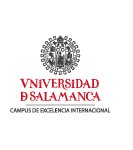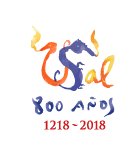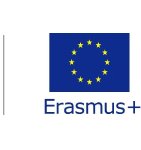Learning about the European Union in school through eTwinning
Learning languages, both indigenous and foreign, is an agreed priority in the European Union in terms of the development of communicative language skills of citizens. This FOCO practice describes the linguistic benefits for students and teachers involved in European eTwinning projects. The eTwinning programme promotes collaboration between schools in Europe by supporting projects that enhance pupils’ learning. Within this context, project-based learning has proven to be a supportive approach in helping students develop linguistic skills and digital literacy. The paper reports on findings from a Bulgarian research project funded by Sofia University entitled ‘The EU starts at school’, and reports on the development of linguistic skills within project-based activities in the eTwinning project.

Stoyanka Vicheva Delibeeva, delibeeva@abv.bg



